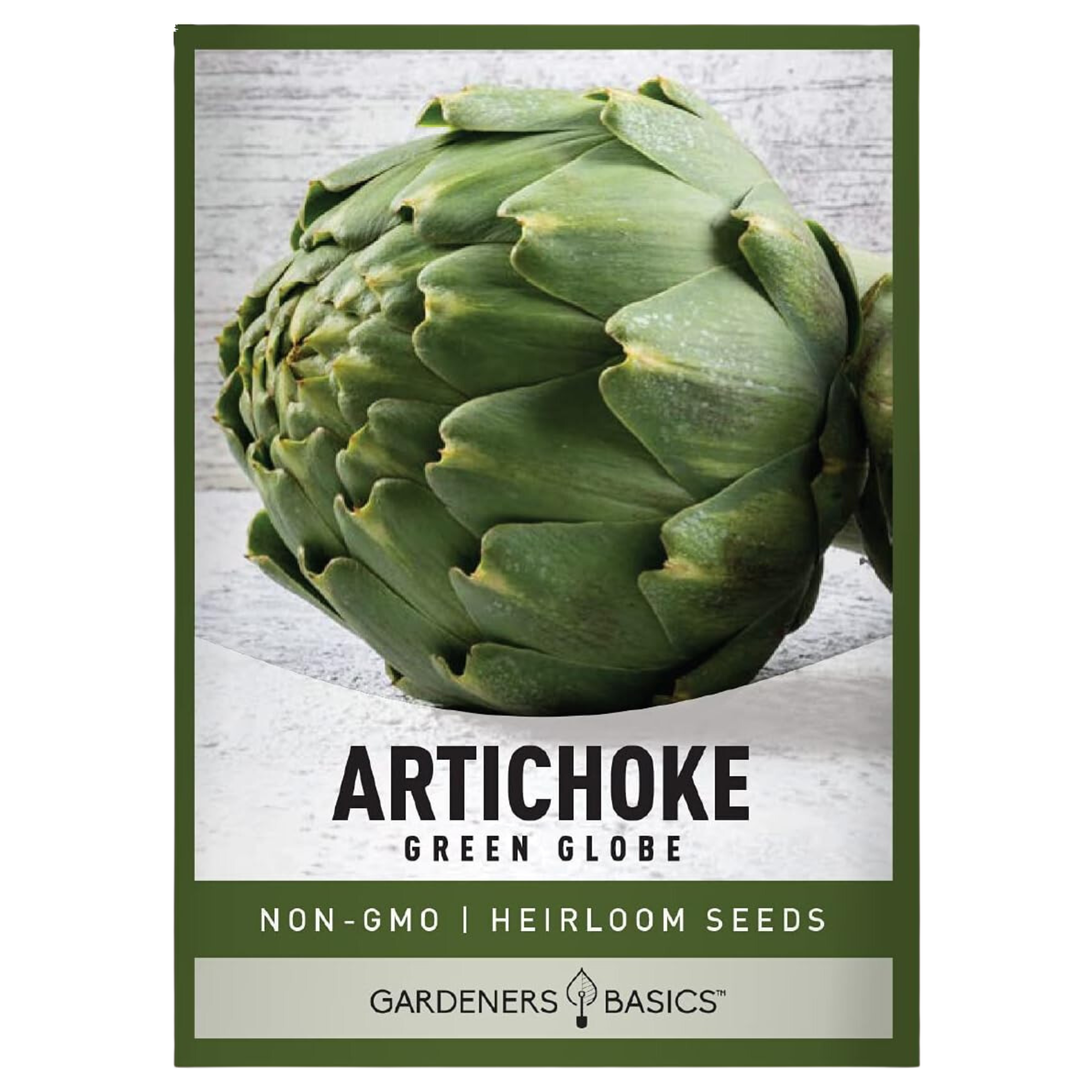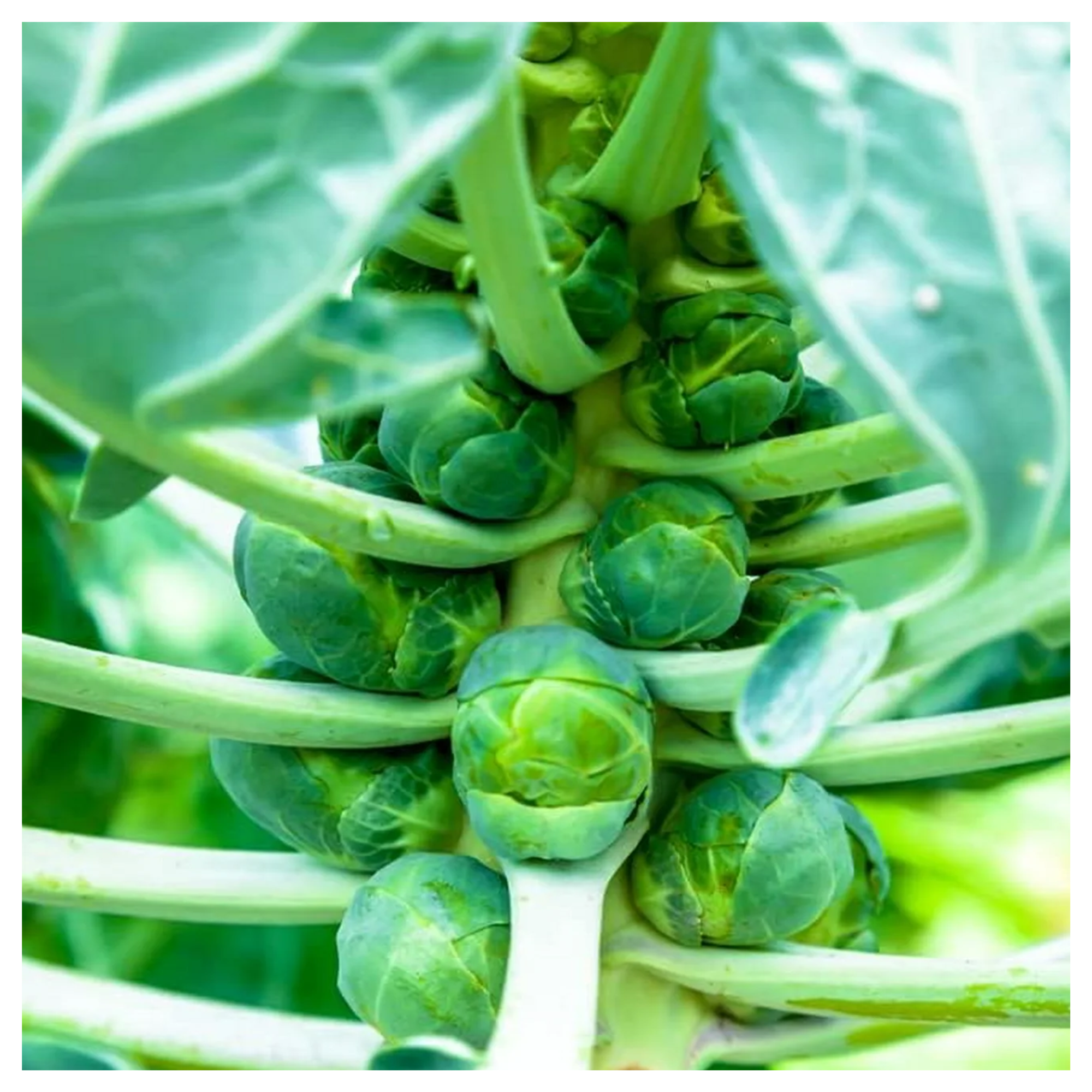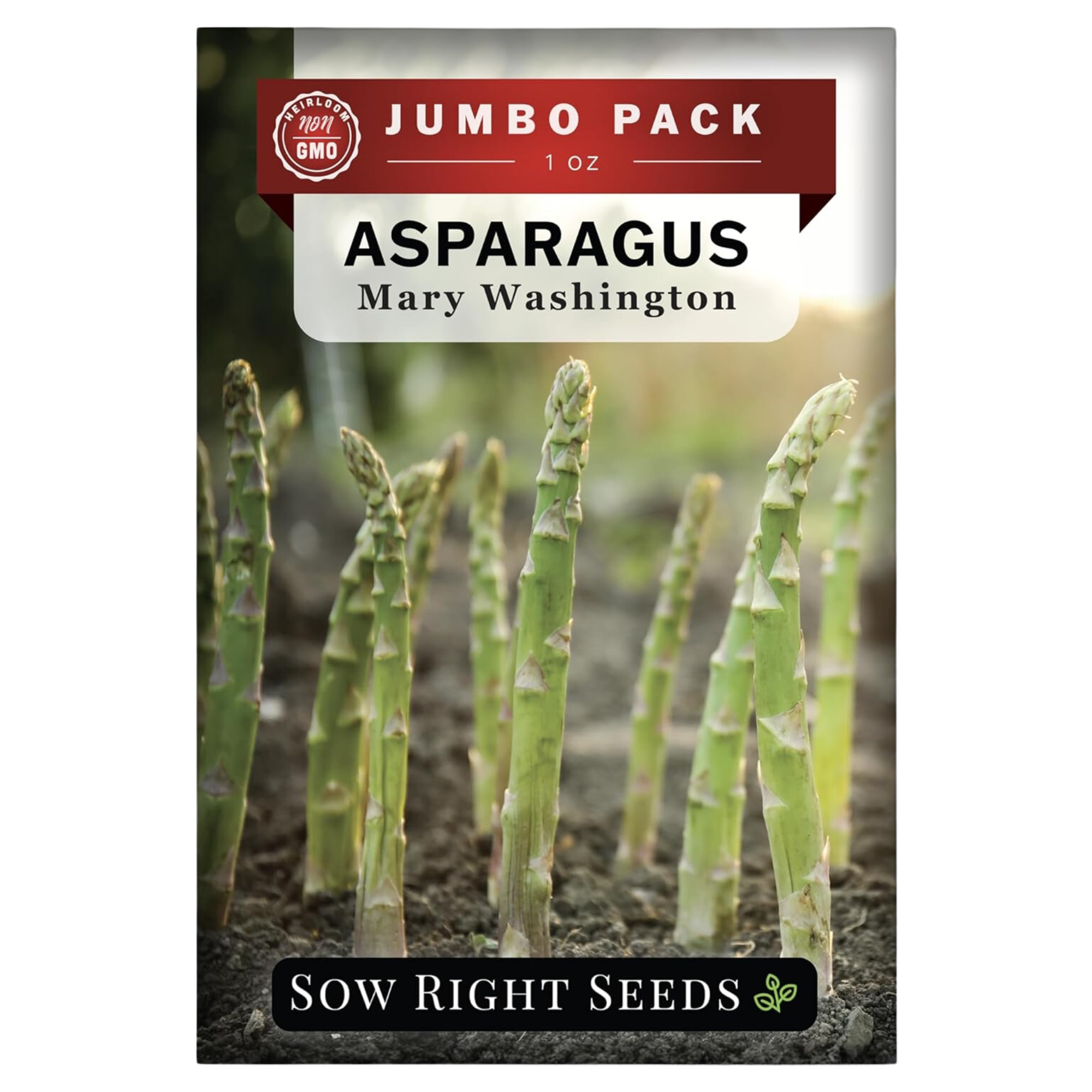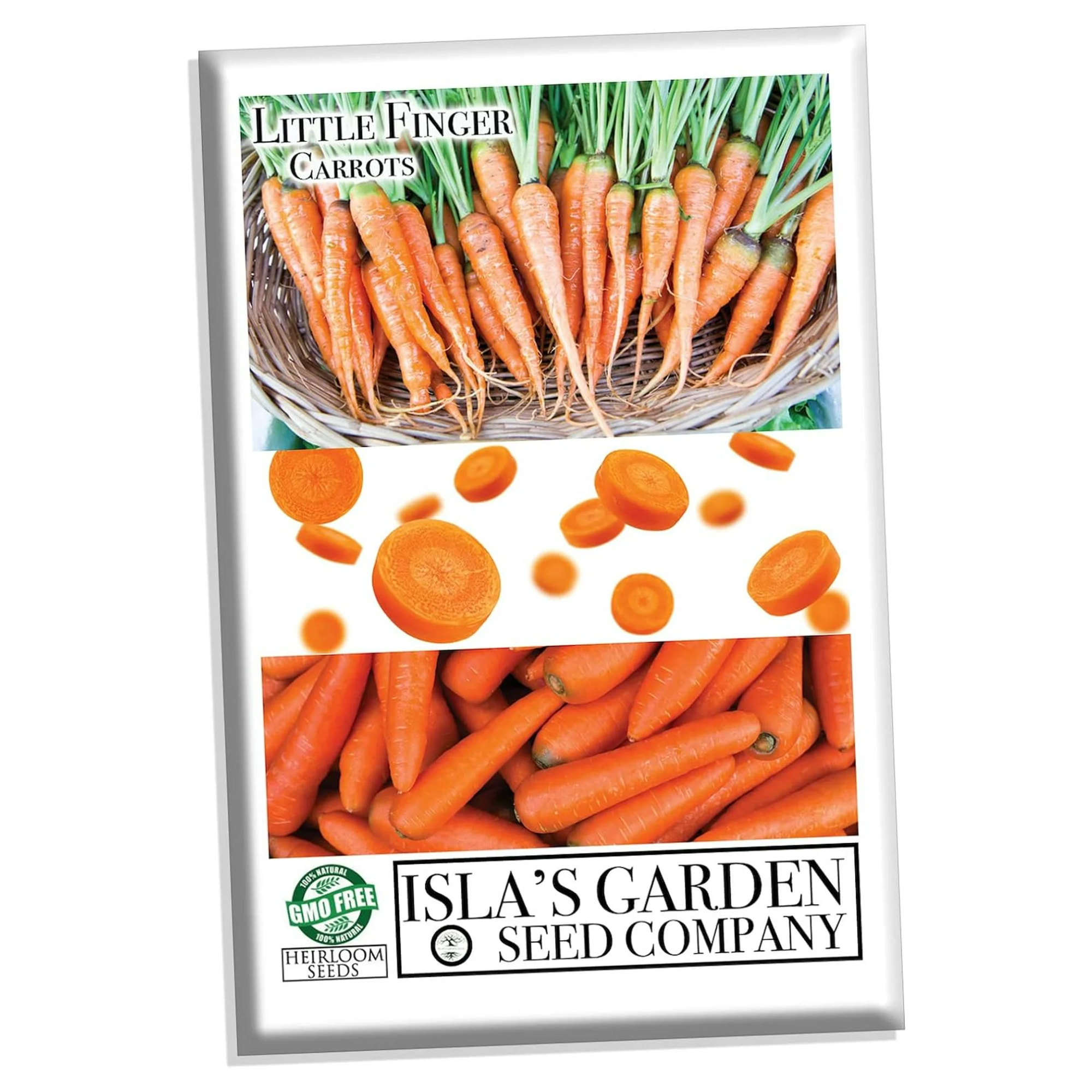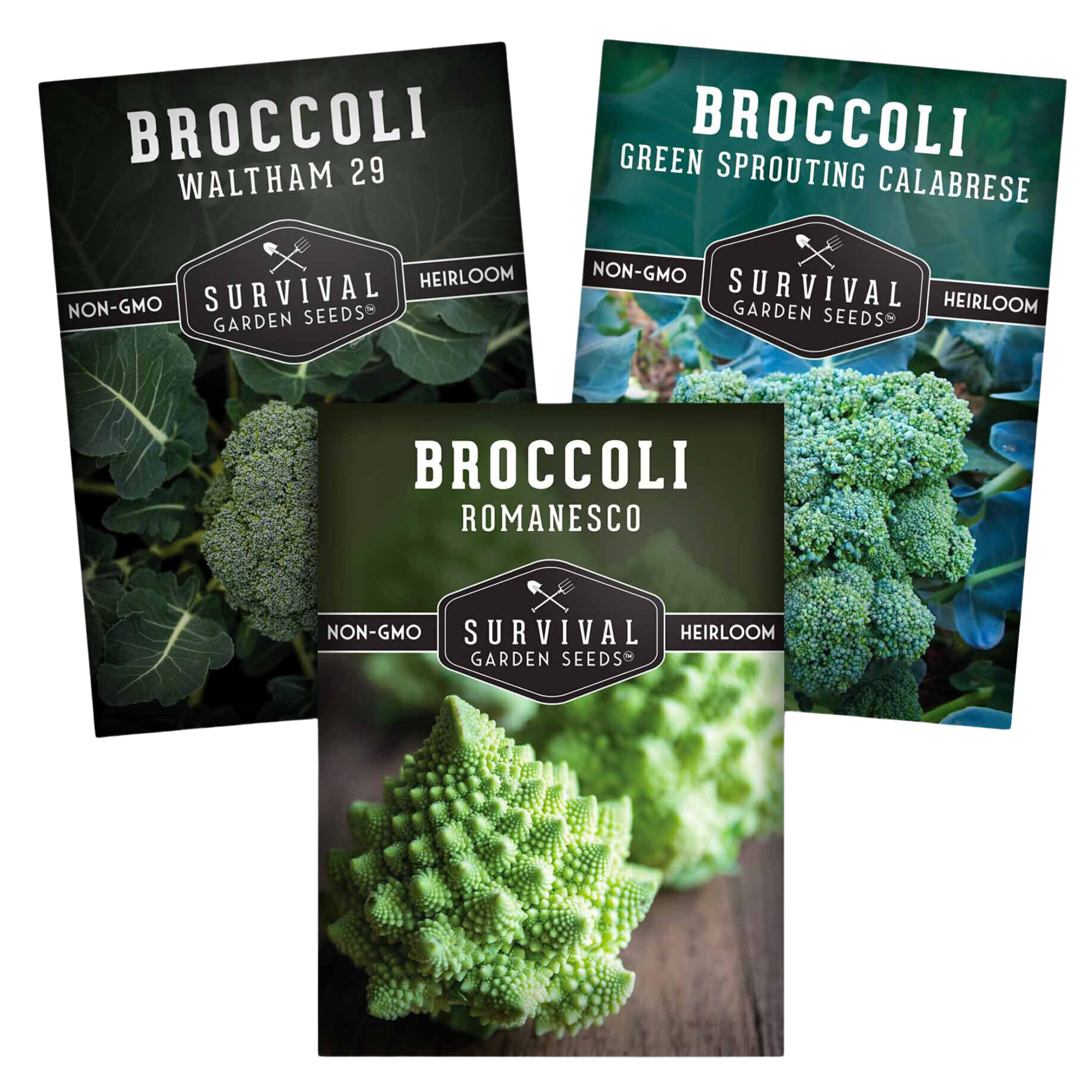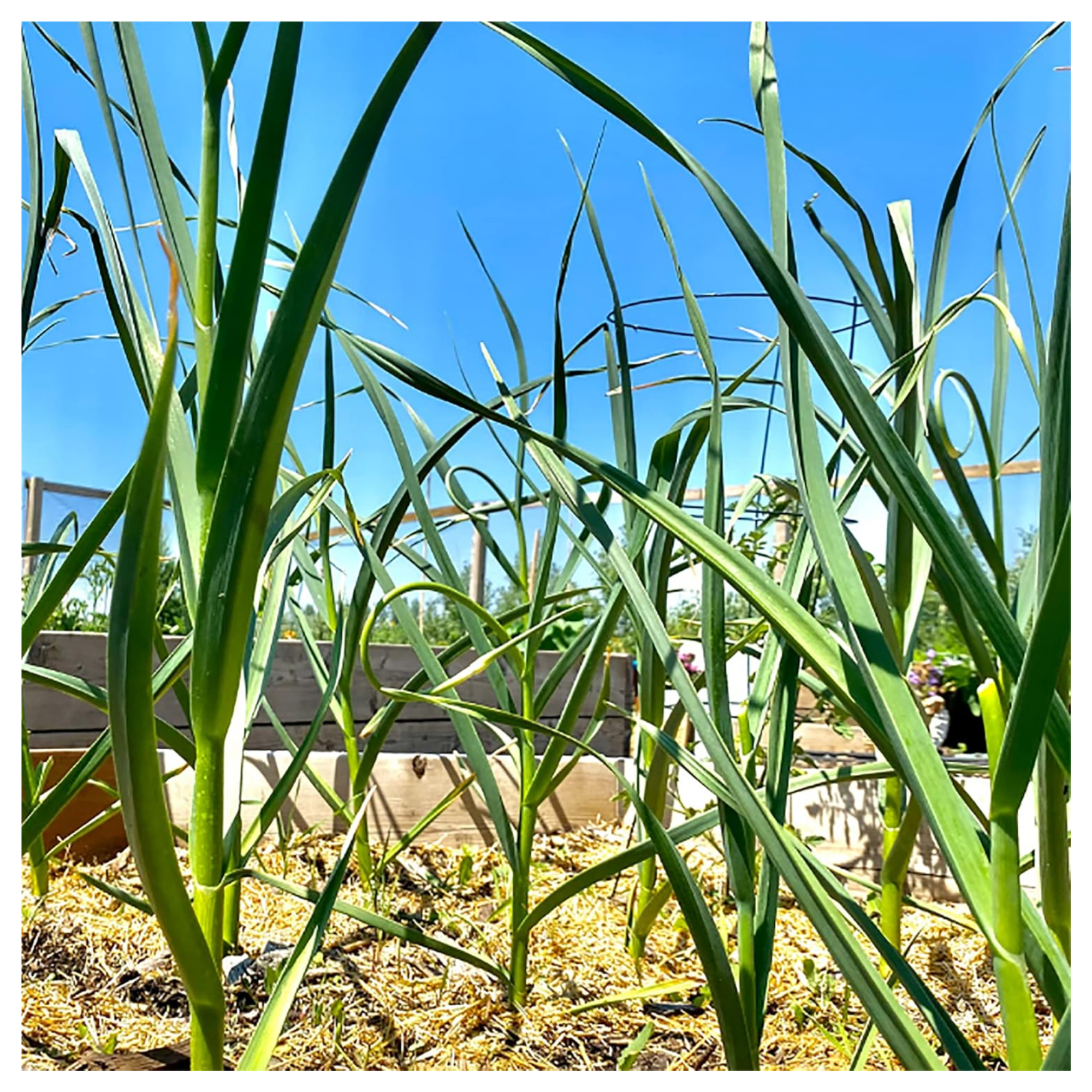6 Vegetables You Should Overwinter — Keep Them Frost-Free, So You Can Look Forward to a Delicious Spring Harvest
Here's how to care for your vegetable garden through the colder months

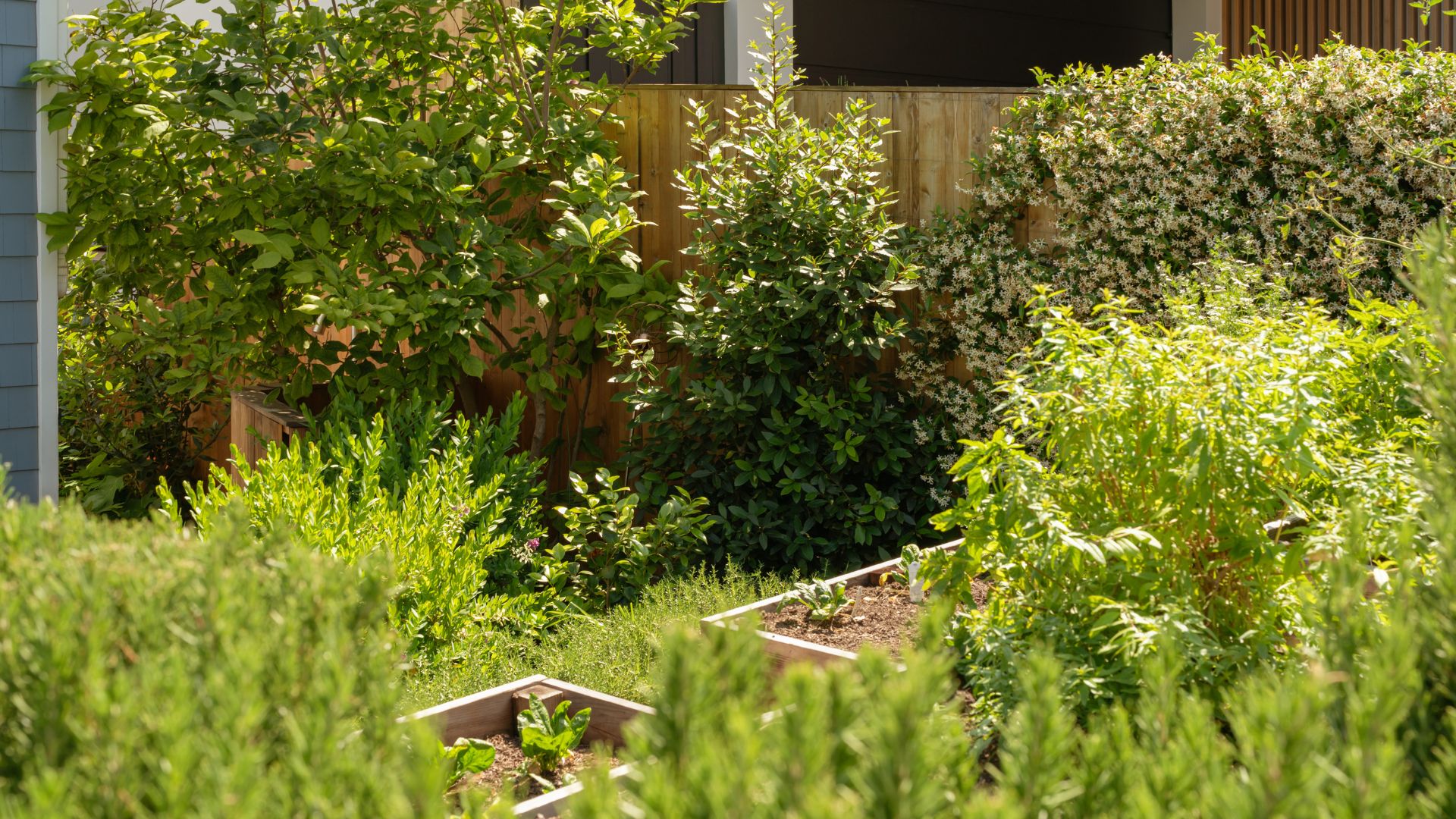
Creating your own culinary garden is certainly a cook's dream. There's nothing quite like growing your own vegetables and harvesting them whenever you're mixing up a new dish in the kitchen. I mean... I can only imagine.
But just like your backyard blooms, vegetables also need a touch of extra care to get them through the cold. Overwintering your vegetables is key to a healthy harvest and keeping your plants below ground will do just that.
So, we've put together a list of vegetables that require overwintering to help make sure your veggie patch gets the love it needs. And tending to these vegetables now will ensure that you have a bountiful harvest to look forward to come spring.
1. Artichokes

In conversation with vegetable gardening expert Kathi Rogers, she tells us that artichokes are a popular crop that benefit from overwintering. If you have them growing in your kitchen garden, Kathi recommends cutting the stalks down to about 8-10 inches before winter sets in. She explains that cutting them to this height above the ground and tying them together helps to hold them upright.
"Cover the base of the plants with four to six inches of compost, and top that with a layer of straw for extra protection against the cold," says Kathi. "If your lowest winter temperature rarely dips below 10°F, cut artichoke plants back to ground level and cover with three to four inches of mulch."

Kathi Rodgers is the CEO and writer at Oak Hill Homestead and the voice behind HOMEGROWN: Your Backyard Garden Podcast. With decades of vegetable gardening experience, she helps others grow healthy, productive gardens, no matter their space or skill level. Founded in 2006, Oak Hill Homestead is where Kathi teaches new gardeners how to dig in and grow their dreams.
2. Brussel Sprouts

Kathi tells us that brussel sprouts are one of the best cool-weather crops that can usually handle a light frost. In fact, she tells us that a shy frost can actually even improve its flavor. You don't have to worry about them too much but they do well with a touch of preservation to help them through the winter.
"Planting them in the fall and using frost protection like low tunnels or a good layer of mulch will help shield them from cold temperatures," says Kathi. If your garden witnesses a prolonged frost or a particularly frigid cold snap, you can also cover them up for a little warmth. We recommend these Garden Fabric Plant Covers from Amazon, plus they're on sale right now.
The Livingetc newsletters are your inside source for what’s shaping interiors now - and what’s next. Discover trend forecasts, smart style ideas, and curated shopping inspiration that brings design to life. Subscribe today and stay ahead of the curve.
3. Asparagus
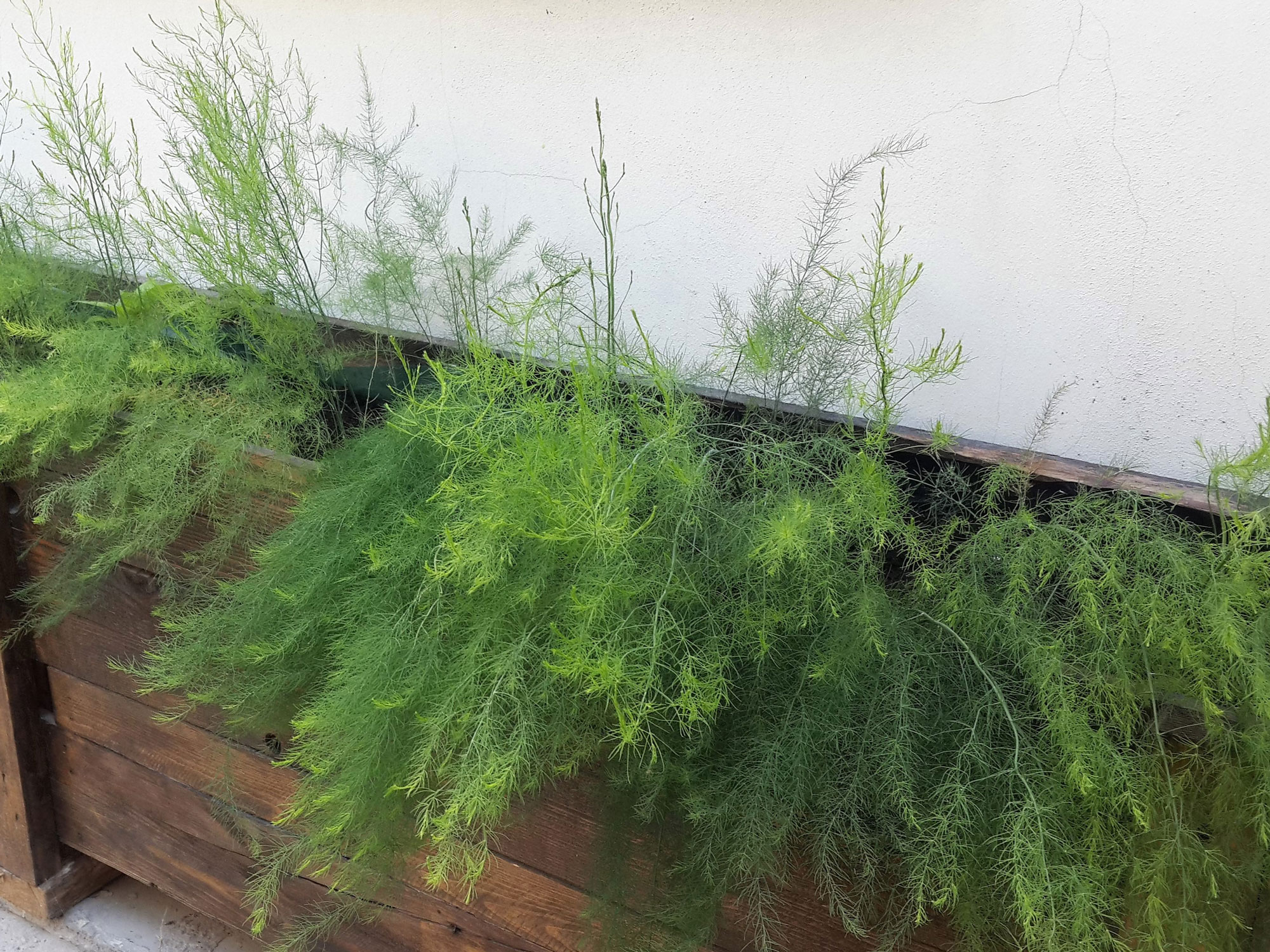
According to Kathi, a healthy asparagus patch can be harvested for twenty years or more. Besides knowing when to grow asparagus, it's important to also know how to care for them once they're established.
For best results, Kathi recommends leaving the green ferny stems in place until they turn brown. "Cut them off at ground level after the first frost," she says. "Then mulch the bed with several inches of compost, straw, or chopped leaves to protect the crowns from freezing."
4. Carrots
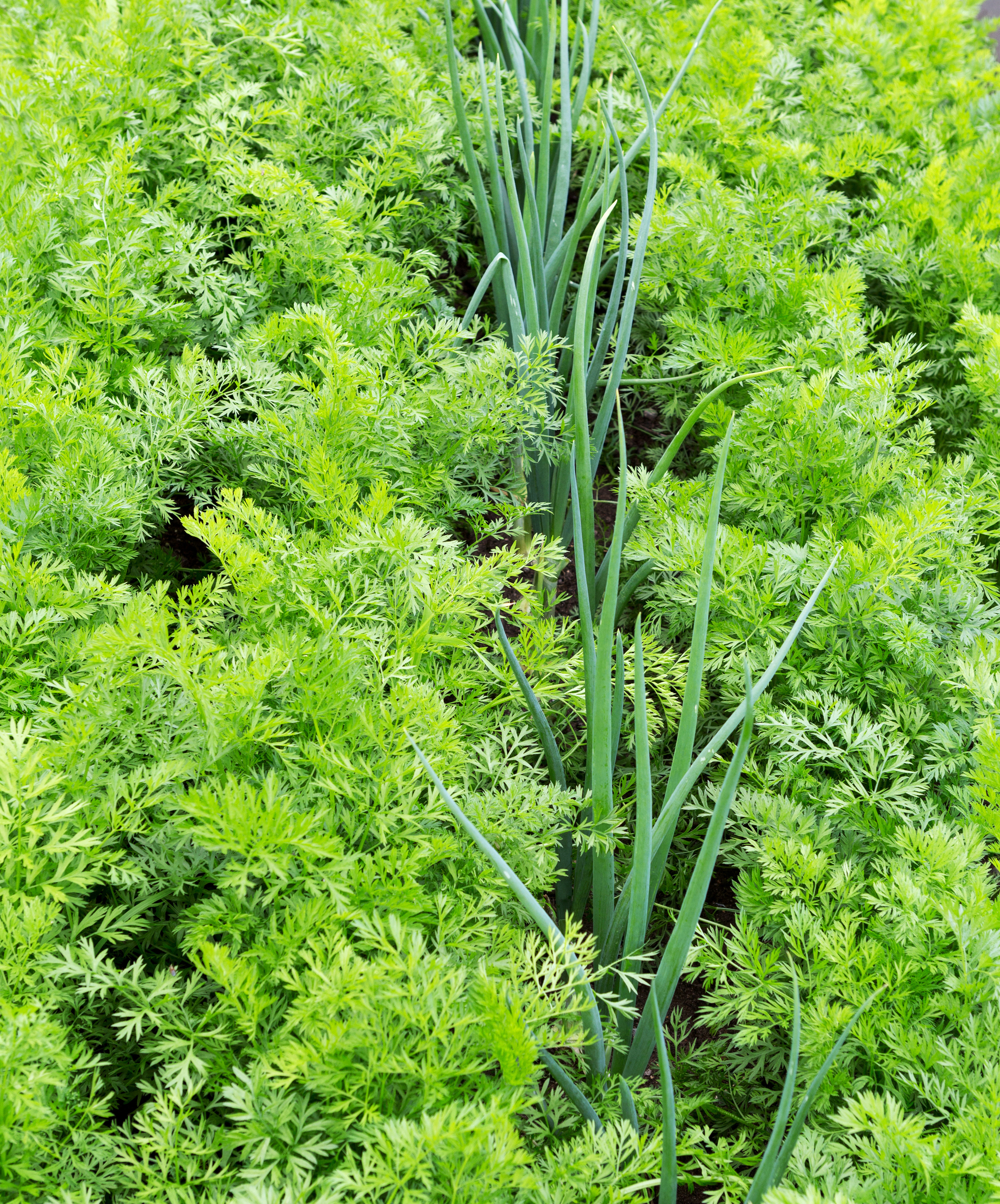
Carrots are another cold-hardy grow that can be overwintered pre-frost. Kathi tells us that gardeners in warmer areas often prefer to grow these plants over the winter. This allows them to harvest the carrots before the weather gets too hot and the vegetables bolt.
Kathi tells us that these small vegetable garden plants last through the winter with a layer of mulch to help retain their moisture. Since carrots generally prefer pine straw mulch, we recommend adding this CleanStraw 100% Natural Pine Straw Mulch from Walmart to your winter gardening arsenal.
5. Broccoli

If you bless your garden with this versatile vegetable grow, then you'll be happy to know that they're actually quite tolerant to cold weather. Broccoli is hardy enough not to overwinter, however, Kathi tells us that mulching them could help promote consistent growth throughout the final months of the year.
So make sure to treat them with a layer of manure or mulch. They prefer bark mulch, which is why we find that this Natural Pine Bark Mulch from Amazon will come in handy.
6. Garlic

Kathi tells us that planting garlic in fall is a common practice, as this growing schedule allows for a summer harvest. She explains that this is because it requires a cold period to develop bulbs.
"After planting, cover the garlic with a thick layer of mulch to protect it from freezing during the winter," she says. "The root system grows during the winter, and then the plant sends up the above-ground stalks in the spring."
Now's the time to venture into your yard and, if you happen to have any of these vegetables sprouting in your garden, then be sure to tack on some extra maintenance time to make sure they're protected.
Overwintering may seem like yet another task to pay attention to but trust us when we tell you that it'll make all the difference once winter ends. And your garden will be thanking you lavishly with fresh produce post-frost.
FAQs
What Vegetables Can Be Left in the Ground Through Winter?

There are plenty of vegetables that are actually hardy enough to be left in the ground over winter and don't require too much help to get through the frost. This includes plants like spinach, onions, radish, mustard greens, turnip, kohlrabi and leeks to name a few.
So if you have any of these lovely vegetables growing in your backyard, you don't need to put any extra effort towards helping them survive winter.

Amiya is a Home Wellness Writer at Livingetc. She recently graduated with a Masters Degree in Magazine Journalism from City, University of London, and has lent her words to beauty, fashion, and health sections of lifestyle publications including Harper’s Bazaar and Women’s Health. Her experience as a research analyst has equipped her with an eye for emerging trends. When she’s off the clock, she can be found reading, listening to music, or overanalyzing her latest Co-Star update.
